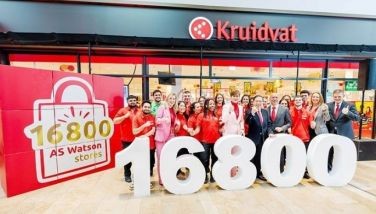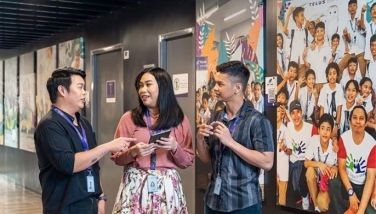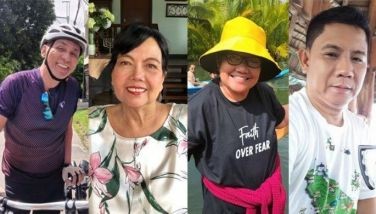How stars, celebrity designers pushed for Philippine fashion innovation at the SONA
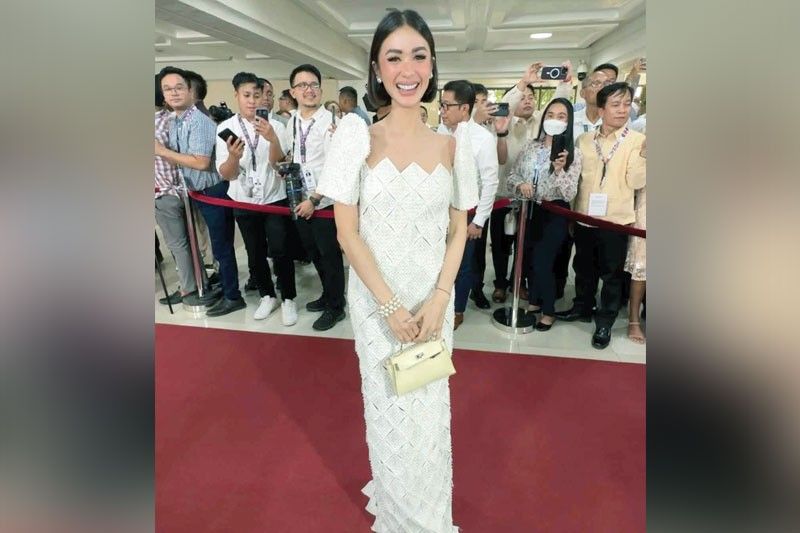
The Filipiniana once again took the spotlight this week as the annual State of the Nation Address (SONA) was held at the Batasang Pambansa Complex in Quezon City. Major coverage across all news platforms always happens during this time.
SONA favorite Jo Rubio, who dressed the likes of Heart Evangelista, Bianca Manalo and Manila City Mayor Honey Lacuña during the occasion, had this to say: “It is the Superbowl of the Filipinianas. There is an increased interest whenever the SONA comes near.”
Beyond the superficial appreciation, the celebrity Filipino designers want to highlight how much the community of local artisans, dressmakers and tailors is being helped because of such interest when it comes to Filipino fashion.
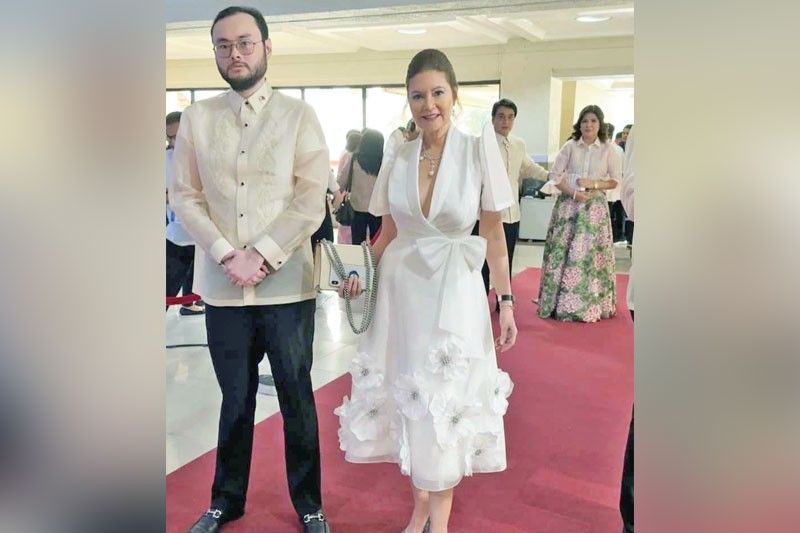
“It takes a community to create a beautiful Filipiniana or terno. When you wear the Filipiniana, we give support to the farmer who plants the piña. We give opportunities to the weavers and embroiderers. Marami siyang natutulungan. It creates a cycle of goodness,” Jo pointed out.
As compared to the ‘70s, which was five decades ago, the Filipino artisans of Mindanao and Luzon have long been on a standstill when it comes to progress and innovation. They haven’t been able to pass the talent massively on to the next generation due to socio-economic reasons.
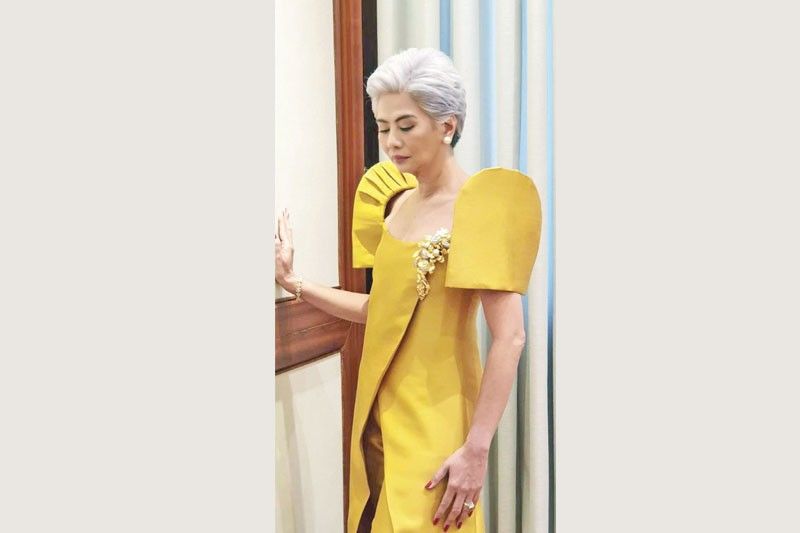
Today, that is what the First Family’s favorite fashion designer Avel Bacudio is trying to address.
“After pandemic, nag-travel ako sa buong Pilipinas para hanapin sino talaga tayo. Nakapag-create ako ng isang show about weavers,” he shared.
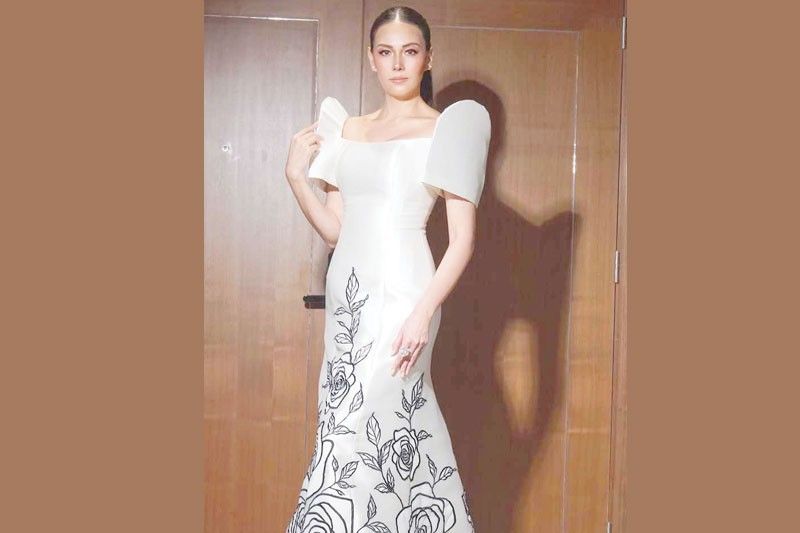
“May na-meet akong 92 years old, tinanong ko kanino niya ipapasa. Sabi niya wala na. Ngayon, hinihikayat ko ang bagong generation na maturuan pa… si Apo Rita matanda na rin, mag-100 (years old), from Davao nakilala ko. Sinabi ko kung kaya pa niya magturo. Gusto ko ipakita at i-educate the new generation. Kailangan natin silang tulungan kasi hirap sila.”
Because of his travels, Avel sought the help of the Department of Science and Technology (DOST) on how to go about with the innovation. He felt the need to fill the void of what is lacking behind the scenes in the fashion community and what else needs to be done.
He said if he won’t do this, the Philippine fashion industry will have a slow movement in terms of growth and progress.
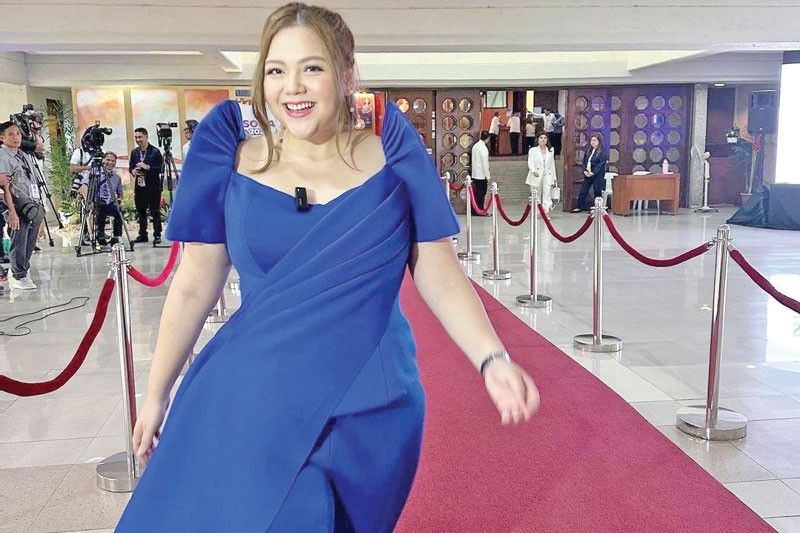
Gladly, over the years, DOST has created new tools designers could use and play with.
“Naka-develop sila ng mga sinulid na gawa sa dahon ng piña, saluyot, abaca. Malaking bagay ito kasi sustainable, abundant and recycled,” said Avel.
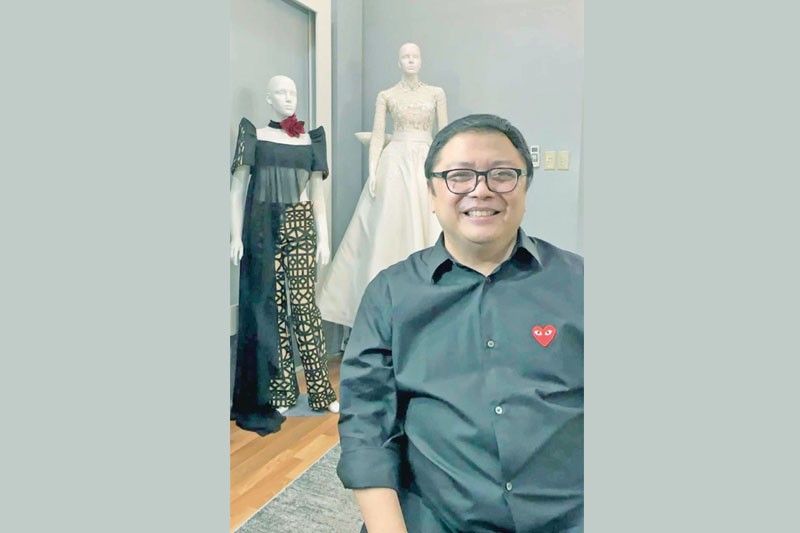
He showed us a linen-like cloth made of water lilies and another from the uprooted tree of the Cavendish. The great news is that most of the 50 clients he dressed up for the SONA wanted their ensembles that day to be made with these materials.
“For the first time, masaya ako kasi lahat sila barong. Lahat sila local fabric ang gusto nila. So, I’m happy for the weavers,” said Avel.
Even with purely local fabric and threads, he applauded his co-designers for applying these tools in making modernized versions of the Filipiniana.
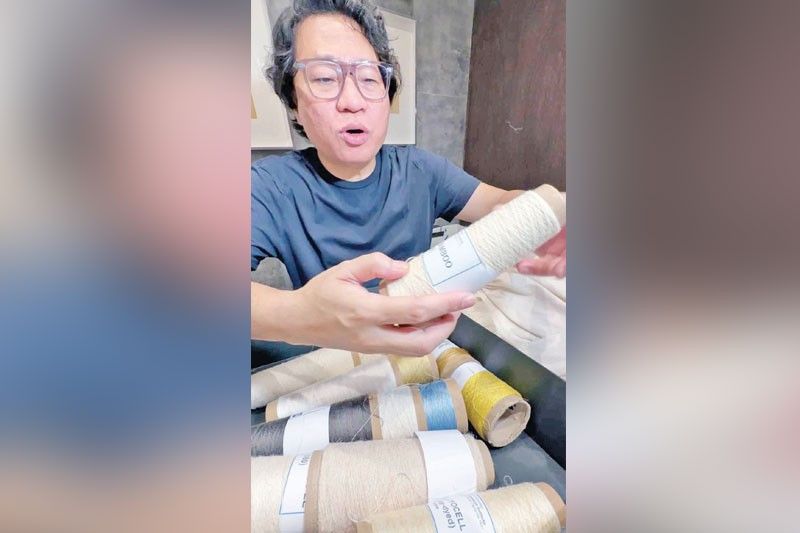
His reminder to all was “unang-una tulungan natin yung mga weavers kasi madami tayong designers na sobrang galing and if tulong-tulong, madali lang. Kailangan natin mag-innovate lang nang mag-innovate para lumago lalo ang industriya.”
Going back to Jo, because of the efforts that people have been pooling in, even post-SONA, more designers and their local weavers are getting more work.
And the demand right now does not only come from the older generation.
“The younger generation wants to be seen in their Filipiniana also,” Jo said.
“Naiintindihan na nila ang ganda ng Filipiniana. Kaya natutuwa ako na hindi lang ‘pag dumadating SONA na nagsusuot tayo ng Filipiniana.”
- Latest
- Trending






